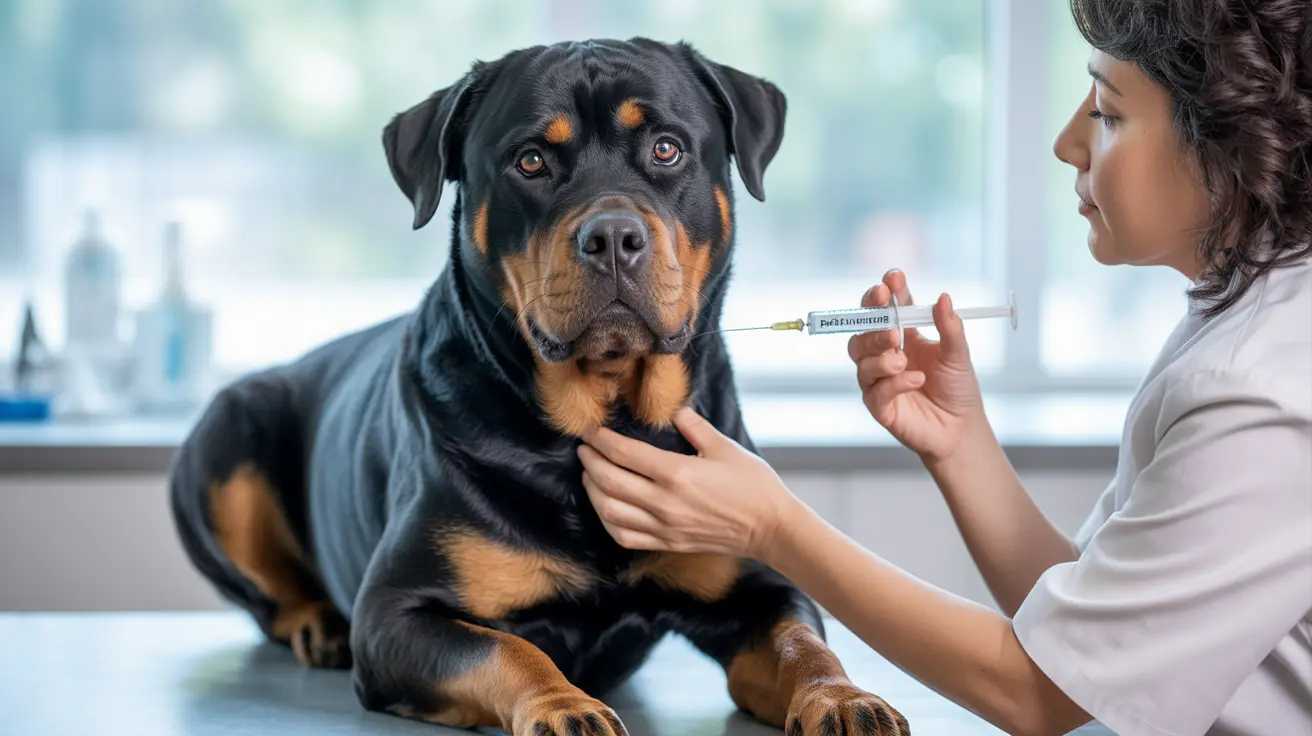When a beloved dog recovers from parvovirus, many pet owners wonder about the possibility of reinfection. While getting parvo twice is extremely rare, understanding the science behind canine parvovirus immunity can help pet owners make informed decisions about ongoing protection for their dogs.
In this comprehensive guide, we'll explore the facts about parvo reinfection, examine why most dogs develop strong immunity after recovery, and discuss why maintaining vaccination schedules remains crucial even after a dog has survived the virus.
Natural Immunity After Parvovirus Infection
Dogs that recover from parvovirus typically develop robust immunity that can last for years. This natural protection occurs because their immune system creates specific antibodies against the virus, making reinfection highly unlikely in most cases.
However, it's important to understand that this immunity, while strong, may not be absolute or permanent. Factors such as the individual dog's immune response and the specific strain of the virus can influence long-term protection.
Understanding Parvovirus Variants and Immunity
Canine parvovirus exists in several variants, primarily CPV-2a, 2b, and 2c. While recovery from one strain usually provides cross-protection against others, viral mutations can potentially create new variants that might partially evade existing immunity.
This evolutionary aspect of the virus explains why reinfection, though rare, remains theoretically possible. Modern vaccines are designed to protect against known variants, providing broader protection than natural immunity alone.
Vaccination Requirements After Recovery
Even if your dog has recovered from parvo, maintaining regular vaccination schedules is essential. Core vaccines help ensure continued protection and can guard against variant strains that might emerge over time.
- Initial puppy series (6-16 weeks)
- One-year booster
- Regular boosters every three years for adult dogs
Risk Factors for Parvo Reinfection
While reinfection is uncommon, certain factors can increase the risk:
- Compromised immune system
- Incomplete recovery from initial infection
- Exposure to new viral variants
- Waning immunity over time
- Lack of proper vaccination maintenance
Prevention and Ongoing Protection
To minimize any risk of reinfection, pet owners should:
- Maintain regular vaccination schedules
- Avoid high-risk environments during vulnerable periods
- Practice good hygiene and sanitation
- Monitor for any signs of illness
- Keep up with veterinary check-ups
Frequently Asked Questions
Can a dog get parvo more than once after recovering from the virus?
While technically possible, it's extremely rare for dogs to get parvo twice. Most dogs develop strong, lasting immunity after recovery from their initial infection.
How long does immunity last in dogs after parvo infection or vaccination?
Natural immunity from infection typically lasts for years, while vaccine-induced immunity requires boosters every three years to maintain optimal protection.
Why is it still important to vaccinate dogs that have already had parvo?
Vaccination helps maintain and strengthen immunity, protecting against potential variant strains and ensuring long-term protection against reinfection.
Can different strains of canine parvovirus cause reinfection in dogs?
While uncommon, different viral variants could potentially cause reinfection, which is why maintaining vaccination protection is important even after recovery.
What signs should I watch for if my dog might be getting parvo again?
Monitor for severe vomiting, bloody diarrhea, lethargy, and loss of appetite. However, these symptoms are more likely to indicate other conditions in dogs that have previously recovered from parvo.
While the prospect of parvo reinfection concerns many pet owners, understanding that natural immunity combined with proper vaccination provides robust protection can offer peace of mind. Always consult with your veterinarian about maintaining appropriate preventive care for your dog's specific situation.






